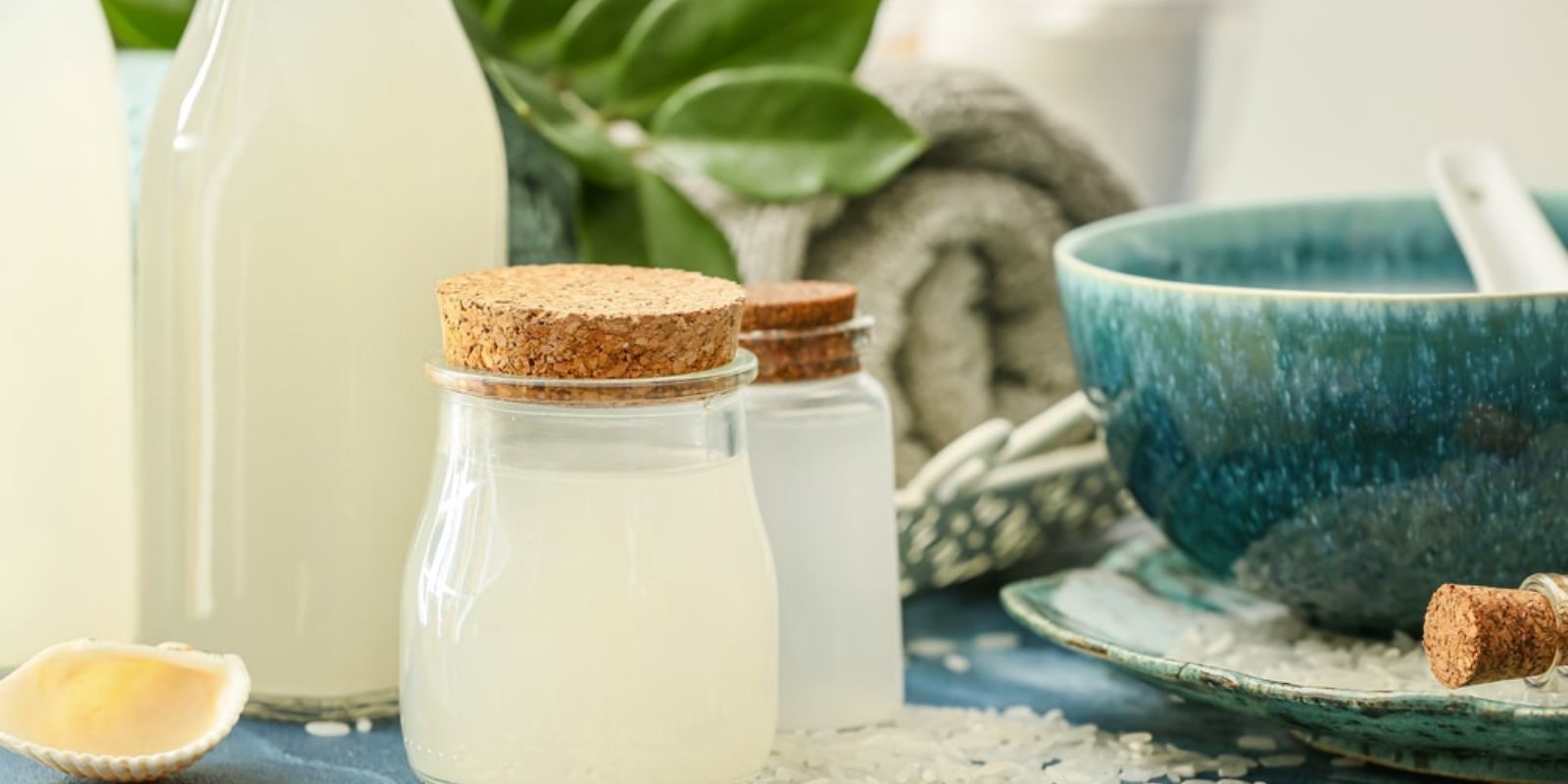Introduction
Rice is a staple in kitchens around the world, but its benefits extend far beyond the dinner plate. This humble grain can play a surprising role in enhancing your garden’s health and productivity. From rice water to rice hulls, this article explores innovative ways to harness the power of rice in your gardening practices. Discover how this everyday ingredient can be a game-changer for your plants, offering everything from natural fertilizers to effective pest control.
The Nutritional Benefits of Rice for Plants
Rice, particularly in its less-processed forms, is rich in nutrients that can benefit plants. Understanding these benefits can help you use rice more effectively in your garden.
- Rice Water as a Fertilizer
- What It Is: Rice water is the starchy water left over from washing rice. It contains essential nutrients like potassium, phosphorus, and magnesium, which are beneficial for plant growth.
- How to Use It: Collect the water after rinsing rice and let it cool. Use it to water your plants. The nutrients in the rice water can help boost plant growth and enhance soil fertility.
- Rice Hulls as Mulch
- What They Are: Rice hulls are the outer shells of rice grains. They are often discarded but can be repurposed in gardening.
- How to Use Them: Spread rice hulls around plants as mulch. They help retain soil moisture, prevent weed growth, and slowly decompose, enriching the soil with organic matter.
- Rice Bran in Compost
- What It Is: Rice bran is the outer layer of the rice grain that’s removed during milling. It’s packed with nutrients like nitrogen, phosphorus, and potassium.
- How to Use It: Add rice bran to your compost pile. It speeds up the composting process and enhances the nutrient content of the compost, resulting in richer soil.
Practical Applications for Rice in the Garden
Implementing rice-based techniques in your gardening routine can be straightforward and highly effective.
- Using Rice Water for Fertilization
- Preparation: After cooking or rinsing rice, collect the leftover water in a container. Allow it to cool to room temperature before using it on your plants.
- Application: Apply the rice water directly to the soil around your plants. It’s especially useful for plants in pots or containers. Be cautious not to overwater, as excess moisture can lead to root rot.
- Applying Rice Hulls as Mulch
- Preparation: Obtain rice hulls from local agricultural suppliers or online. Ensure they are clean and free from contaminants.
- Application: Spread a 1-2 inch layer of rice hulls around your plants, covering the soil completely. Reapply as needed when the mulch decomposes or becomes compacted.
- Incorporating Rice Bran into Compost
- Preparation: Collect rice bran from a local mill or purchase it from gardening stores. Mix it with other compostable materials like kitchen scraps and yard waste.
- Application: Layer the rice bran with other compost materials in your compost bin. Turn the pile regularly to ensure even decomposition and aeration.
Creative Uses of Rice in Pest Control
Rice can also be used to manage pests in a natural, eco-friendly way.
- Using Rice Flour as a Pest Repellent
- What It Is: Rice flour, made from finely ground rice, can be used to deter pests.
- How to Use It: Sprinkle rice flour around the base of plants or in areas where pests are a problem. It acts as a natural repellent for ants and cockroaches.
- Rice Water for Pest Deterrence
- What It Is: The same rice water used for fertilization can also deter pests.
- How to Use It: Spray diluted rice water onto plant leaves and soil. It can help repel certain pests and diseases while nourishing the plants.
Environmental Benefits of Using Rice in the Garden
Incorporating rice into your gardening practices not only benefits your plants but also contributes to a more sustainable environment.
- Waste Reduction
- Using rice water, hulls, and bran reduces waste by repurposing these byproducts rather than discarding them.
- Organic Gardening
- Rice-based products enhance soil fertility naturally, minimizing the need for synthetic fertilizers and chemicals.
- Resource Efficiency
- Utilizing rice byproducts makes efficient use of resources, reducing the environmental impact associated with manufacturing and disposal of commercial gardening products.
Tips for Success
- Monitor Plant Response
- Observe how your plants respond to rice-based treatments. Adjust the application as needed based on plant health and soil conditions.
- Avoid Overuse
- While rice products are beneficial, excessive use can lead to imbalances in soil nutrients or moisture. Use them in moderation.
- Combine with Other Practices
- Integrate rice-based techniques with other sustainable gardening practices for optimal results. For example, combine mulch with proper watering and pest management strategies.
Conclusion
Rice is a versatile and valuable resource for gardeners, offering numerous benefits from enhancing soil fertility to natural pest control. By incorporating rice water, hulls, and bran into your gardening routine, you can improve plant health, contribute to environmental sustainability, and make the most of this everyday ingredient. Embrace these rice-based techniques and watch your garden thrive like never before.
Motivation
Discover the amazing potential of rice in your garden! 🌾🌱 Start using these tips today and share your success with fellow gardeners! #GardenHacks #SustainableGardening #RicePower #EcoFriendlyGardening #PlantCare

